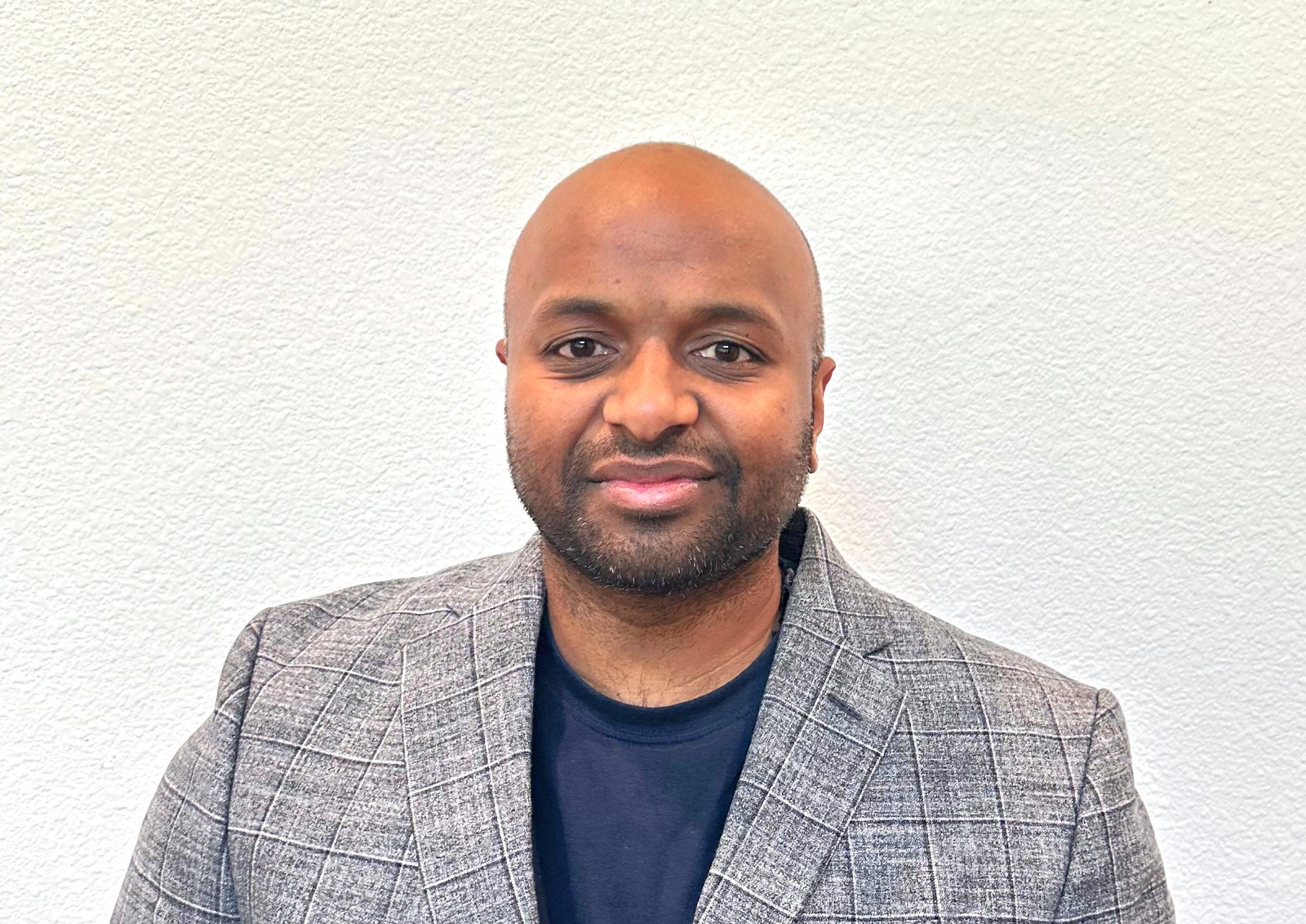Healthcare is in the midst of a digital revolution. The convergence of the Internet of Things (IoT), artificial intelligence (AI), and cloud platforms is reshaping how patient data is captured, shared, and analyzed. At the center of this transformation is Nithin Nanchari, a researcher and technologist whose work addresses the opportunities and challenges of connected healthcare. Through a series of influential publications, Nanchari has become a prominent voice on IoT-enabled healthcare systems, focusing on device interoperability, regulatory compliance, and ethical innovation.
Bridging Technology and Patient Care
In his research, Nanchari highlights the transformative power of IoT—or the Internet of Medical Things (IoMT)—to enable real-time patient monitoring, predictive analytics, and telemedicine. His study, The Role of Internet of Things in Healthcare, demonstrates how IoT-connected devices such as wearables, biosensors, and smart hospital systems can streamline clinical workflows while providing continuous insights into patient health.
Tackling Interoperability Challenges
One of Nanchari’s most cited works, Challenges in IoT Device Interoperability in Healthcare, explores the technical hurdles preventing seamless communication across diverse medical devices. Differences in communication protocols, data formats, and security standards often fragment healthcare systems. Nanchari proposes solutions such as HL7 FHIR for health record integration, MQTT for real-time monitoring, and blockchain-enabled networks to secure data exchange and harmonize device ecosystems. His forward-looking perspective stresses that interoperability is not just a technical goal but a prerequisite for patient-centered care.
Navigating Regulation and Ethics
Beyond technology, Nanchari has also delved into the regulatory and ethical issues of IoT healthcare. In Regulatory and Ethical Issues in IoT Healthcare Applications, he underscores the importance of aligning innovation with frameworks like HIPAA and GDPR. His work emphasizes data privacy, informed consent, algorithmic fairness, and compliance monitoring, while recommending future-ready safeguards such as zero-trust architectures, federated learning, and AI-driven compliance checks. These approaches ensure that as healthcare becomes more connected, it also remains trustworthy and ethically sound.
From Wearables to Future Trends
Nanchari has also explored the rapid rise of wearable devices—smartwatches, fitness trackers, and biosensors—as a transformative force in chronic disease management. His findings show how continuous monitoring can help detect irregularities early, allowing timely medical intervention and reducing hospital visits. Looking ahead, his research points to edge computing, 5G integration, and blockchain frameworks as key enablers for the next generation of connected healthcare.
Research with Real-World Impact
What sets Nanchari apart is his dual strength in academic research and practical data engineering. With experience in cloud platforms such as Azure, AWS, and Snowflake, along with expertise in Python, SQL, and ETL pipelines, he translates theoretical models into scalable solutions for healthcare providers. This balance of scholarship and technical execution ensures that his ideas do not remain on paper but influence real-world healthcare modernization efforts.
Looking Forward
As healthcare continues to generate massive volumes of sensitive data, Nanchari envisions a future where IoT-driven systems are secure, interoperable, and ethically designed. His body of research provides both a roadmap and a call to action—urging collaboration between technologists, healthcare professionals, and regulators to build intelligent, adaptive infrastructures.
In conclusion, Nithin Nanchari’s contributions represent a significant step toward making healthcare more predictive, personalized, and proactive. By addressing interoperability, regulatory compliance, and ethical safeguards, his vision is shaping the connected healthcare systems of tomorrow.

































